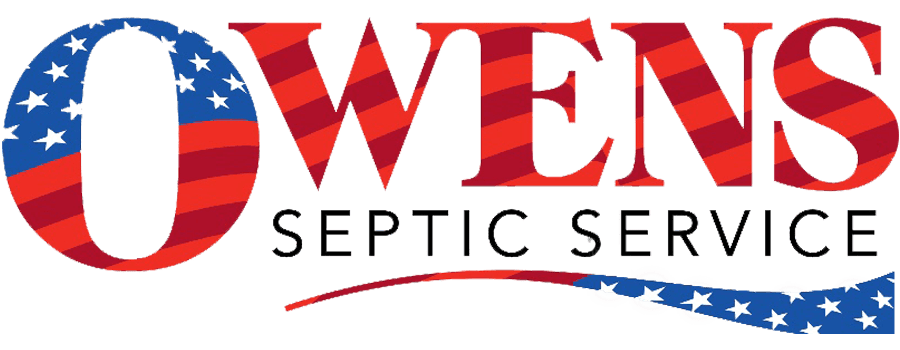Fat Trap Cleaning for Restaurants: Essential Maintenance for a Smooth-Running Kitchen
In the bustling world of restaurant management, maintaining a clean and efficient kitchen is critical not just for food safety but also for operational efficiency. One often overlooked aspect of kitchen maintenance is fat trap cleaning. Also known as grease trap cleaning, this essential task ensures that your restaurant’s kitchen operates smoothly, preventing costly issues and potential health risks. In this blog, we’ll explore the importance of fat trap cleaning for restaurants and explain why Owens Septic Service should be your go-to provider for this crucial service.
Why Fat Trap Cleaning is Crucial for Restaurants
Restaurants generate a significant amount of grease and fat from cooking processes. If not properly managed, this waste can cause serious problems in your plumbing and overall kitchen operations. Here’s why regular fat trap cleaning is so essential:
Protecting the Environment: Proper fat trap cleaning helps prevent the discharge of untreated grease into the sewage system, which can cause environmental pollution. Owens Septic Service is committed to environmentally friendly practices and ensures that your waste is managed responsibly.
Preventing Clogs and Blockages: Grease traps are designed to intercept fats, oils, and grease (FOG) before they enter the sewer system. Over time, these substances accumulate and can cause blockages in pipes. Regular cleaning prevents these clogs, ensuring that your plumbing remains clear and functional.
Avoiding Costly Repairs: If grease and fat are allowed to build up, they can lead to severe plumbing issues that require expensive repairs. By investing in routine fat trap cleaning, you can avoid these costly problems and maintain smooth kitchen operations.
Ensuring Compliance with Regulations: Many local health and safety regulations require restaurants to maintain properly functioning grease traps. Regular cleaning helps ensure compliance with these regulations, avoiding potential fines and legal issues.
How Often Should You Clean Your Fat Trap?
The frequency of fat trap cleaning can vary depending on several factors, including the size of your trap, the volume of grease and fat generated, and local regulations. Generally, restaurants should have their grease traps cleaned every 1 to 3 months. High-volume kitchens may require more frequent cleaning.
Owens Septic Service’s regular inspections can help determine the optimal cleaning schedule for your specific situation, ensuring that your fat trap remains in excellent condition.
Benefits of Regular Fat Trap Cleaning
Regular fat trap cleaning offers numerous benefits for restaurants, including:
Compliance with Regulations: Regular cleaning helps you stay compliant with local regulations, avoiding fines and legal issues.
Reduced Risk of Plumbing Issues: By preventing grease buildup, you reduce the risk of clogs and blockages in your plumbing system, ensuring that your kitchen operates smoothly.
Enhanced Hygiene and Safety: Proper maintenance of your fat trap helps maintain a clean and hygienic kitchen environment, reducing the risk of unpleasant odors and potential health hazards.
Improved Efficiency: A well-maintained grease trap functions more efficiently, allowing your kitchen operations to run smoothly without interruptions.
Conclusion: Keep Your Restaurant Running Smoothly with Owens Septic Service
In conclusion, fat trap cleaning is an essential part of maintaining a well-functioning restaurant kitchen. Regular maintenance helps prevent plumbing issues, ensures compliance with regulations, and promotes a clean and safe kitchen environment. Owens Septic Service is your trusted partner for all your fat trap cleaning needs, offering expert services to keep your kitchen running smoothly.
Don’t wait for problems to arise – schedule your fat trap cleaning with Owens Septic Service today and enjoy peace of mind knowing that your restaurant’s kitchen is in expert hands. Our experienced technicians, advanced equipment, and comprehensive services ensure that your grease trap remains in top condition, allowing you to focus on what matters most: delivering excellent food and service to your customers.

